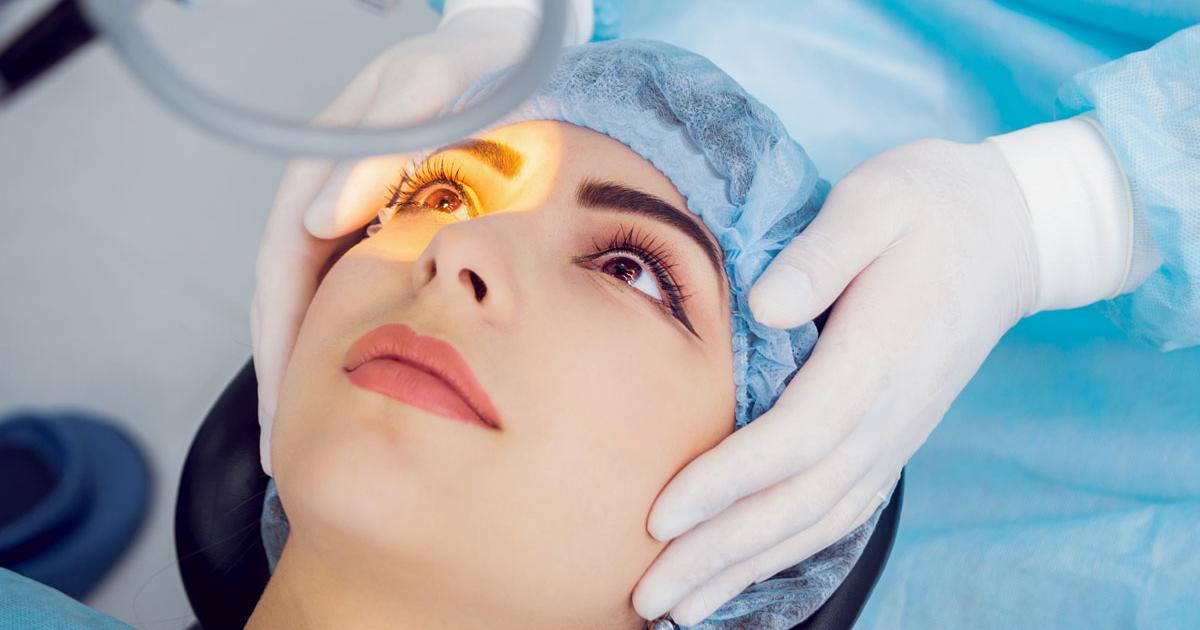Guide To Macular Degeneration Treatment And Prevention
Macular degeneration is the leading cause of blindness among adults in the United States. More than ten million Americans have this condition, which is more than those with glaucoma and cataracts combined. There is not currently a cure for the disease. The illness occurs when the central part of the retina begins to deteriorate. The retina is made up of light-sensing cells that record images and transmit them along the optic nerve and into the brain. The central part is the macula, which is responsible for focusing an individual's central vision. The macula is what allows individuals to recognize faces, recognize colors, see the fine details of objects, drive a car, and read. There are two types of macular degeneration, and age-related macular degeneration has three stages.
Read about treating and preventing macular degeneration now.
Laser Therapy

One of the potential treatments for macular degeneration is laser therapy, a surgical procedure that helps seal the blood vessels leaking in the eyes. While it won't cure the disease, it can help low the progression of the deterioration, allowing patients to retain their central vision for longer. The dry type of macular degeneration leads to slow breaking down of the light-sensing cells within the retina, and the level to which vision is affected varies. The wet type is caused by the formation of abnormal blood vessels beneath the retina. Laser surgery can't help the dry form, but it can help with certain cases of wet macular degeneration. Two types of laser therapy are available. Hot laser treatments are used to seal the leaking vessels within the retina and slow their growth, but unfortunately, it can destroy the tissue surrounding the vessels, leading to a small blind spot in the vision. Cold laser treatment might be capable of destroying the vessels without destroying nearby tissue, but it's only available for vessels underneath or near the center of the macula.
Uncover more treatments for macular degeneration now.
Anti-Angiogenic Drugs

Anti-angiogenic drugs are used to treat the wet type of macular degeneration. During the procedure, the doctor will inject the medication directly into the patient's eye. The drugs block the abnormal vessels that currently exist from leaking. In addition, they help prevent the formation of new blood vessels, allowing the progression of the disease to slow. The medications are effective enough that some patients who take them have regained part of the vision they've lost. It still isn't a cure, though, which means the blood vessels will eventually start to form again. Many patients opt to have the treatment repeated periodically in follow-up visits to continue preventing the progression of macular degeneration. New blood vessels are formed through a process called angiogenesis. During this process, endothelial cells migrate to different parts of the body, grow, and become differentiated. These cells line blood vessels. In addition to treating macular degeneration, anti-angiogenic drugs are used to treat cancer by preventing tumors from growing and spreading further.
Keep reading to reveal more ways to treat and prevent macular degeneration now.
